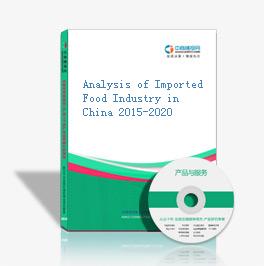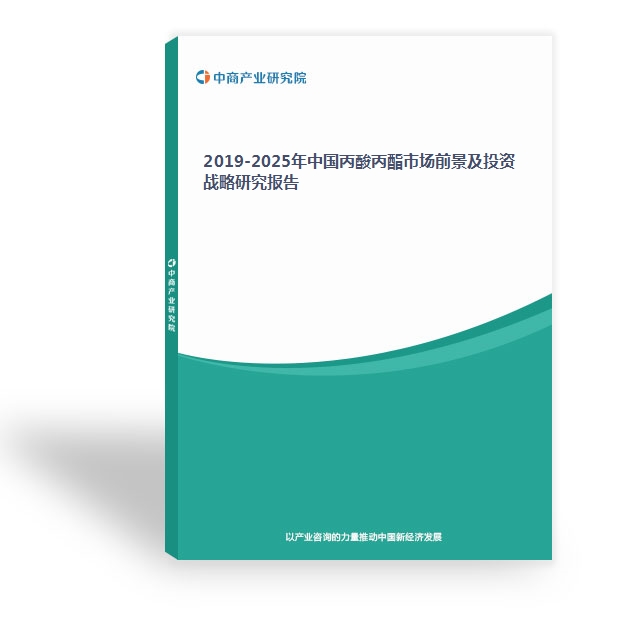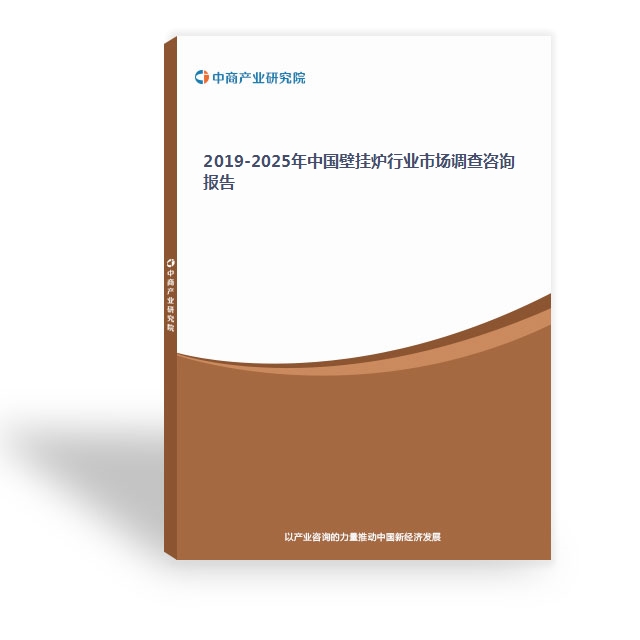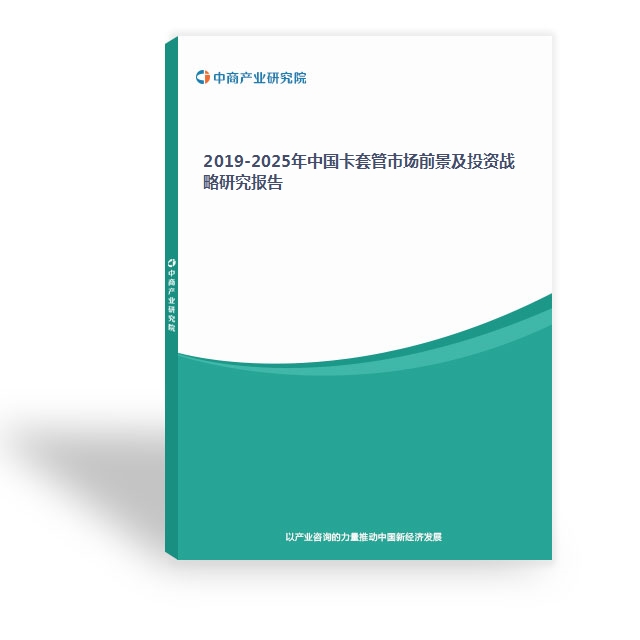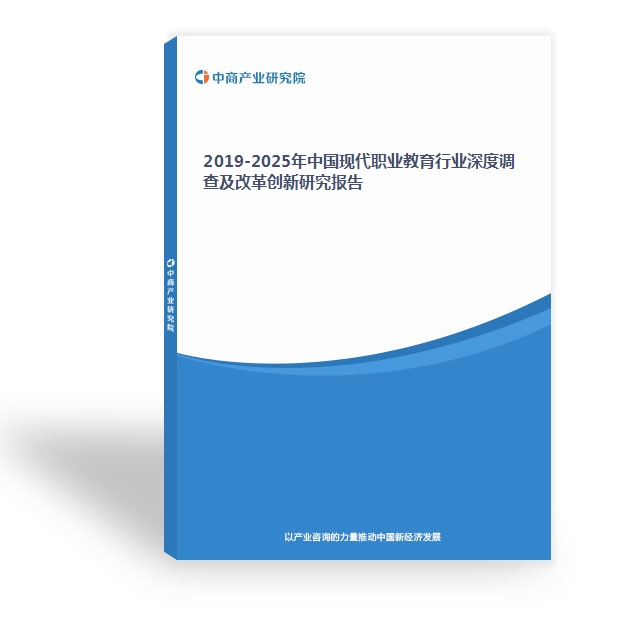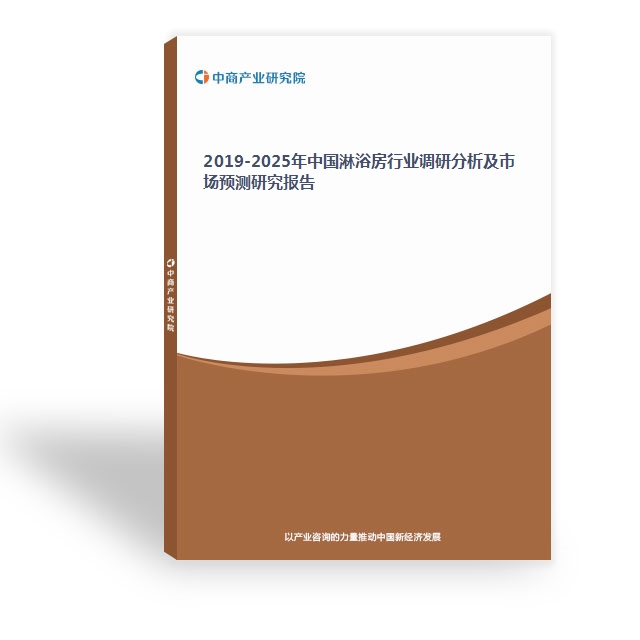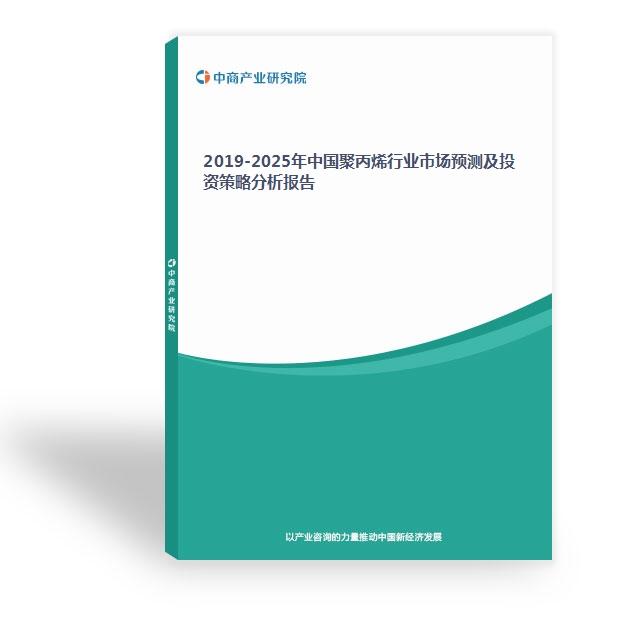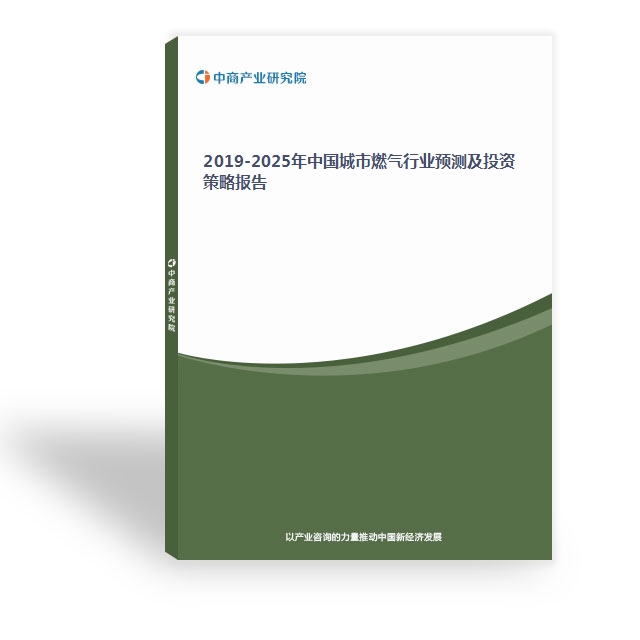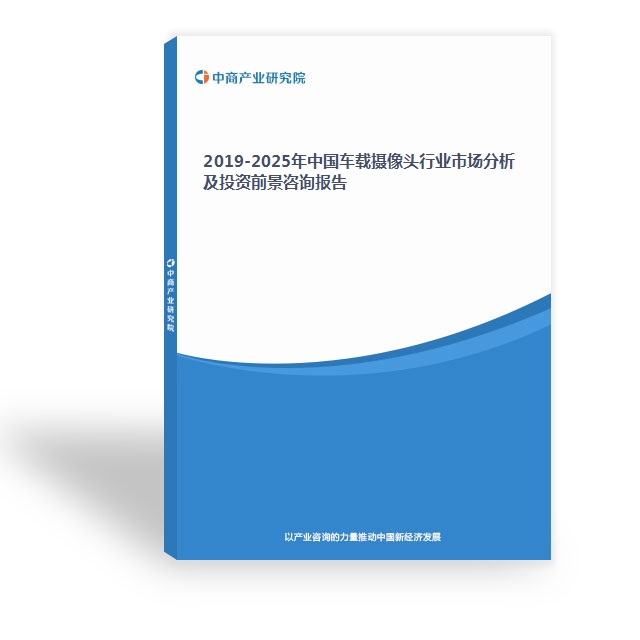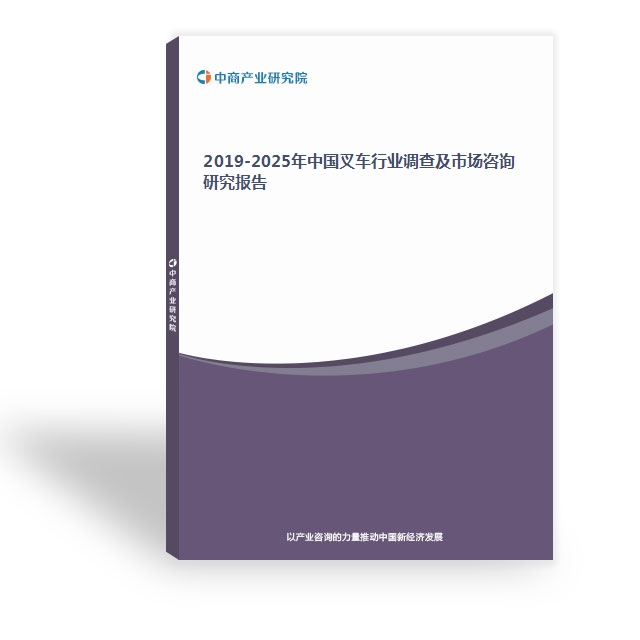

The imported food refers to food of non-domestic brands. Generally, it refers to food from other countries and regions, including the food which is produced in other countries and regions and packaged in China.
【Report Name】:Report on Competitiveness Investigation and Development Trend Research of Imported Food Market of China in 2014 to 2018
【Published】:Jan/2015
【Report Code】:CI
【Report Pages】:152
【Report Charts】:112
【Form】: PDF or Hard copy
【Delivery】: E-mail or EMS
【Report Price】:Hard Copy USD5000 Electronic (PDF) USD5000 Enterprise wide $5500
【Preface】:
The imported food refers to food of non-domestic brands. Generally, it refers to food from other countries and regions, including the food which is produced in other countries and regions and packaged in China.
According to the statistics of China Light Industry Association, the import of food industry in China was $8.83 billion in 2013, including $5.19 billion of dairies, followed by $2.07 billion of sugar. From January to August in 2014, the import of food industry in China was $7.38 billion, including $5.34 billion of dairies, followed by $910 million of sugar.
It is pointed out in the Twelfth Five-year Development Plan of Food Industry that the intensification, scale and quality safety of food industry will be further improved in 2015, the regional distribution will be further optimized, and the modern food industry with strong capability of independent innovation, guarantee of safety and nutritional health and strong international competitiveness will be developed so as to improve the contribution of food industry to the society and strengthen the pillar position of food industry in expanding the consumption of urban and rural residents, driving the development of relevant industries and promoting the social harmony and stability in the new era.
The following years is still an important period of strategic opportunities for development of food industry in China. With the continuous expansion of the market, steady development of agricultural production, acceleration of application of high and new technologies, development of the emerging food industry, continuous improvement of the macro environment and other great opportunities, the food manufacturing industry tends to grow. It is predicted that the sales of food manufacturing industry of China will reach RMB 2.71 trillion in 2018.
A lot of people in China enjoy snacks, which play an important role in their daily diet. In European and American countries, 97% of people often enjoy leisure food. This has become a fashion of life. Particularly, the leisure food which contains little oil and produced with fruits and vegetables as raw materials is very popular. It is developing towards health, vogue and functions. In China, the imported leisure food is popular due to the health and fashion demands, delicate package, unique taste and exquisite craft. Although the leisure food has a huge market, there is still no large-scaled and influential special brand enterprise engaged in imported food in China. The exclusive sales of imported food in China will inevitably become a golden industry with the most potential of development in next decade.
Contents
Chapter I Overview of Development of Imported Food Industry 13
Section I Definition of Imported Food Industry and Major Products 13
Section II Analysis of Food Import Process and Licensing 14
I. Analysis of Import Process of Imported Food 14
II. Analysis of Licensing Process of Imported Food 15
III. Data for Customs Declaration of Imported Food 15
Section III Analysis of Development Characteristics of Imported Food Industry 16
I. Analysis of Characteristics of Imported Food Industry 16
II. Analysis of Import Way of Imported Food 17
Section IV Role of Imported Food Industry in National Economy 19
Section V Basic Characteristics of Customs Clearance of Imported Food 20
Chapter II Macroeconomic Environment and Influence of Imported Food 23
Section I Analysis of China’s Macroeconomic Environment in 2014 23
I. Analysis of China's GDP Growth 23
Ⅱ. Analysis of Total Investment in Fixed Assets 24
Ⅲ. Total Retail Sales of Consumer Goods 26
Ⅳ. Analysis of income growth of urban and rural residents 27
Ⅴ. Analysis of changes in consumer prices 29
Ⅵ. Analysis of development status of foreign trade 30
Section II Forecast and Analysis of Macroeconomic Development 31
Chapter III Monitoring and Analysis of Data of China’s Food Manufacturing Industry from 2010 to 2014 36
Section I Analysis of Development of China’s Food Manufacturing Industry from 2013 to 2014 36
Section II Scale Analysis of Food Manufacturing Industry of China in 2010 to 2014 37
I. Analysis of increase in number of enterprises 37
II. Analysis of assets size increase 38
III. Analysis of sales volume growth 39
IV. Analysis of profit size increase 40
Section III Analysis of China’s Food Manufacturing Structure from 2013 to 2014 41
I. Analysis of Enterprise Quantity Structure 41
II. Analysis of Assets Scale and Structure 42
II. Analysis of Sales Scale and Structure 43
IV. Analysis of Profit Scale and Structure 44
Section IV Analysis of Yield of Food Manufacturing Industry of China in 2010 to 2014 45
I. Analysis of Increase in Finished Products 45
II. Analysis of Export Delivery Value 46
Section V Analysis of Cost/Expenses of China’s Food Manufacturing Industry from 2010 to 2014 47
I. Statistics of sales cost 47
II. Main expenses statistics 48
Section VI Analysis of operating efficiency of China's food manufacturing structure from 2010 to 2014 49
I. Analysis of credit capacity 49
II. Analysis of profitability 49
III. Analysis of operating capacity 51
Chapter IV Analysis of Import and Export of Food Manufacturing Industry in China in 2010 to 2014 54
Section I Analysis of import of China’s food manufacturing industry in 2010 to 2014 54
I. Analysis of Overall Scale of Food Import in China 54
II. Analysis of Sugar and Sugar Food Import of China 56
III. Import Scale of Milk, Eggs, Honey and Other Food 56
IV. Import Scale of Cocoa and Cocoa Products in China 57
V. Import Scale of Grain Powder, Cakes and Other Food in China 57
Section II Analysis of Export of Food Industry of China in 2010 to 2014 58
I. Analysis of Overall Scale of Food Export in China 58
II. Analysis of Sugar and Sugar Food Export of China 60
III. Export Scale of Milk, Eggs, Honey and Other Food 60
IV. Export Scale of Cocoa and Cocoa Products in China 61
V. Export Scale of Grain Powder, Cakes and Other Food 61
Section III Analysis of Food Import Sources and Export Destinations of China in 2012 to 2013 62
I. Analysis of Food Import Sources of China in 2012 to 2013 62
(I) Analysis of Food Import Sources of China in 2012 62
(II) Analysis of Food Import Sources of China in 2013 64
II. Analysis of China Export Destinations in 2012 to 2013 66
(I) Analysis of China Food Export Destinations in 2012 66
(II) Analysis of China Food Export Destinations in 2013 68
Section IV Import and Export Market Forecast Analysis of China Food Industry in 2014 to 2018 70
I. Import Forecast of China Food Industry in 2014 to 2018 70
II. Export Forecast of China Food Industry in 2014 to 2018 71
Section V Analysis of Main Factors Affecting Food Import and Export Changes 72
Chapter V Analysis of Regional Markets of Imported Food Industry in China 74
Section I Analysis of Imported Food Industry in North China 74
I. Analysis of market scale from 2010 to 2014 74
II. Forecast and Analysis of Market Scale in 2014 to 2018 75
Section II Analysis of Imported Food Industry in Northeast 76
I. Analysis of market scale from 2010 to 2014 76
II. Forecast and Analysis of Market Scale in 2014 to 2018 76
Section III Analysis of Imported Food Industry in East China 77
I. Analysis of market scale from 2010 to 2014 77
II. Forecasting Analysis of Market Scale in 2014 to 2018 78
Section IV Analysis of Imported Food Industry in South China 79
I. Analysis of market scale from 2010 to 2014 79
II. Forecasting Analysis of Market Scale in 2014 to 2018 80
Section V Analysis of Imported Food Industry in Central China 81
I. Analysis of market scale from 2010 to 2014 81
II. Forecasting Analysis of Market Scale in 2014 to 2018 82
Section VI Analysis of Imported Food Industry in West China 82
I. Analysis of market scale from 2010 to 2014 82
II. Forecasting Analysis of Market Scale in 2014 to 2018 83
Chapter VI Analysis of Imported Foods Consumption in China 85
Section I Environmental Analysis of Imported Foods Consumption in China 85
I. Population development and environmental analysis of China 85
II. Consumption of foods by urban residents 87
III. Food import has been encouraged in different countries 87
Section II Characteristic and Channel Analysis of Imported Foods Consumption 88
I. Market positioning of imported foods 88
II. Characteristic analysis of imported foods consumption 89
III. Channel analysis of imported foods consumption 90
Section III Market Trend Analysis of Imported Foods Consumption 91
I. Advantageous categories of imported foods consumed 91
II. Scale analysis of imported foods consumption 92
III. Supply-demand analysis of imported food market 92
IV. Price analysis of imported foods in the market 93
Section IV Analysis of Electronic Sales Market of Imported Foods 94
I. E-business in aspect of imported foods 94
II. Advantages and disadvantages of the e-business channel for imported foods 95
III. Online imported foods shopping brands 96
IV. E-business innovation of imported foods 97
V. Online sales of imported foods 98
Chapter VII Analysis of domestic and foreign key imported food enterprises 100
Section I Beijing Baishun Hengxing Trading Co., Ltd. 100
I. Overview of Enterprise Development 100
II. Analysis of enterprise products 100
III. Analysis of sales network 101
Section II Sinodis Food (Shanghai) Co., Ltd. 101
I. Analysis of company profile 101
II. Analysis of Main Products 101
III. Analysis of enterprise operation 102
IV. Analysis of enterprise cooperation brands 103
V. Analysis of sales network 103
Section III Shanghai Gaofu Longhui Food Co., Ltd. 104
I. Analysis of company profile 104
II. Analysis of Main Products 105
III. Analysis of enterprise operation 106
IV. Analysis of enterprise marketing network 106
Section IV Cortti Food (Shanghai) Co., Ltd. 107
I. Analysis of company profile 107
II. Analysis of Main Products 107
III. Analysis of enterprise operation 108
IV. Analysis of enterprise marketing network 108
Section V Beijing Yuanhe Hengtai Trading Co., Ltd. 109
I. Analysis of company profile 109
II. Analysis of Main Products 109
III. Analysis of marketing network of company 110
Chapter VIII Analysis and forecast of the competition in the imported food industry 111
Section I Analysis and forecast of competitive features of imported food industry 111
I. Comprehensive evaluation of market competition in imported food industry 111
II. Analysis of product structure of Chinese imported food industry 111
III. Analysis of competition strategy of Chinese imported food industry 112
Section II Analysis of competition structure of imported food industry 113
I. Analysis of distributors 113
II. Analysis of purchasers 114
III. Analysis of competitors within the industry 114
Section III Analysis and forecast of enterprise assets reorganization 115
Section IV Analysis of the industry capital operation and competitive trends 115
Chapter IX Analysis and forecast of Chinese imported food industry development in 2014 to 2018 118
Section I Forecast of Chinese imported food development environment in 2014 to 2018 118
I. China food industry development outlook in 2014 to 2018 118
II. Analysis and forecast of market scale in Chinese food manufacturing industry 120
Section II Analysis of Chinese imported food market situation in 2014 to 2018 121
I. Analysis of development trend about consumer group of Chinese imported food 121
II. Analysis of factors affecting the Chinese market operation of imported food 122
Section III Analysis of Chinese imported food market trend in 2014 to 2018 123
I. Analysis of Chinese imported food development trend in 2014 to 2018 123
II. Development space of Chinese imported food market in 2014 to 2018 125
III. Policy trend of Chinese imported food industry in 2014 to 2018 126
Chapter X Analysis of imported food industry investment prospects and strategies 127
Section I Analysis of SWOT model in the imported food industry 127
I. Strength 127
II. Weakness 127
III. Opportunity 127
IV. Threaten 128
Section II PEST Analysis in Industrial Development of Imported food s 128
I. Political and Legal Environment Analysis 128
II. Analysis on Economical Development Environment 138
III. Analysis on Social, Cultural and Natural Environment 140
IV. Analysis on Technical Development Environment 141
Section III. Analysis on Investment Value of Imported Food Industry 143
I. Analysis on Development Prospect 143
II. Profitability Prediction 144
III. Analysis of investment opportunity 144
Section IV Analysis on Investment Risks of Imported Food Industry 145
I. Policy risks 145
II. Competition Risks 145
III. Management risks 146
IV. Food Safety Risks 147
Section V Analysis on Investment Strategies of Imported Food Industry 147
I. Analysis of Key Investment Types 147
II. Analysis of Key Investment Regions 148
Section VI Analysis on Investment Strategies of Imported Food Industry 148
I. Analysis of Investment Factors of Imported Food Industry 148
II. Investment Pattern of Imported Food Industry in 2014 to 2018 149
III. Agency and Wholesale Investment Strategies for Imported Food in 2014 to 2018 150
IV. Investment Strategies for Imported Food Operator in 2014 to 2018 151
V. Suggestions on Development of Imported Food Enterprises in 2014 to 2018 152
List of Figures
Chart 1 Major Products of Food Manufacturing Industry 13
Chart 2 Trend of Proportion of Food Import to Gross Domestic Product in China in 2009 to 2013 19
Chart 3 China's GDP and growth rate variation during 2009-2014 24
Chart 4 GDP pattern and corresponding growth rate during 2013-2014 24
Chart 5 China's fixed-asset investments of the whole society during 2009-2014 26
Chart 6 China's Total Volume of Social Retail Goods and Growth Rate during 2009-2014 27
Chart 7 Per capita disposable incomes of urban residents and growth rate in 2009-2014 29
Chart 8 Trend chart of monthly change for consumption prices of Chinese residents in 2014 30
Chart 9 China's total export-import volume during 2009-2014 31
Chart 10 Main Indicators of Economic and Social Development of China in the Twelfth Five-year Period 34
Chart 11 Statistics of Economic Indicators of Food Manufacturing Industry in 2013 to 2014 36
Chart 12 Trend chart of China’s food manufacturing industry in 2010-2014 38
Chart 13 Total assets of China’s food manufacturing industry in 2010 to 2014 38
Chart 14 Assets variation trend of China’s food manufacturing industry in 2010 to 2014 39
Chart 15 Sales revenue of China's food manufacturing industry in 2010-2014 39
Chart 16 Sales revenue variation trend of China’s food manufacturing industry in 2010 to 2014 40
Chart 17 Total profit of Chinese food manufacturing industry in 2010 to 2014 40
Chart 18 Profit variation trend of China’s food manufacturing industry in 2010 to 2014 41
Chart 19 Statistics on quantities of China's food manufacturing enterprises with different forms of ownership from 2013 to 2014 41
Chart 20 Proportions of Food Manufacturing Enterprises with Different Forms of Ownership in 2014 42
Chart 21 Statistics of Total Assets of Food Manufacturing Enterprises with Different Natures of Ownership in 2013 to 2014 42
Chart 22 Total assets' share of food manufacturing enterprises with different natures of ownership in 2014 43
Chart 23 Statistics on sales revenue of China's food manufacturing enterprises with different forms of ownership from 2013 to 2014 43
Chart 24 Proportions of Sales Revenues of Food Manufacturing Enterprises with Different Natures of Ownership in 2014 44
Chart 25 Total profit of Chinese food manufacturing industry with different forms of ownership in 2013 to 2014 44
Chart 26 Total profit of Chinese food manufacturing industry with different forms of ownership in 2014 45
Chart 27 Yield Statistics of Food Manufacturing Industry in 2010 to 2014 45
Chart 28 Yield Increase Trend of Food Manufacturing Industry in 2010 to 2014 46
Chart 29 Total export delivery value of Chinese food manufacturing industry in 2010 to 2014 46
Chart 30 Trend of export delivery value of Chinese food manufacturing industry in 2010 to 2014 47
Chart 31 Sales costs of China's cosmetics manufacturing industry in 2010 to 2014 47
Chart 32 Trend of sales costs of China's cosmetics manufacturing industry in 2010 to 2014 48
Chart 33 The expenses of China's food manufacturing industry in 2010 to 2014 48
Chart 34 Asset-liability ratio of Chinese food manufacturing industry in 2010 to 2014 49
Chart 35 Gross margin of China’s food manufacturing industry in 2010-2014 50
Chart 36 Ratio of profit to cost of China’s food manufacturing industry in 2010 to 2014 50
Chart 37 Profit ratio of sales of China’s food manufacturing industry in 2010 to 2014 51
Chart 38 Rate of return on assets of China’s food manufacturing industry in 2010 to 2014 51
Chart 39 Turnover ratio of account receivable of China’s food manufacturing industry in 2010 to 2014 52
Chart 40 Turnover rate of current assets of China’s food manufacturing industry in 2010 to 2014 52
Chart 41 Turnover rate of total assets of China’s food manufacturing industry in 2010 to 2014 53
Chart 42 Imported Food Scale Trend of China in 2009 to 2014 54
Chart 43 Statistics of Imports of Food Industry in China in 2012 to 2014 54
Chart 44 Statistics of Imports of Food Industry of China in 2012 to 2014 55
Chart 45 Statistics of Sugar and Sugar Food Import of China in 2009 to 2014 56
Chart 46 Import Scale of Milk, Eggs, Honey and Other Edible Animal Products in China in 2009 to 2014 57
Chart 47 Import Scale of Cocoa and Cocoa Products in China in 2009 to 2014 57
Chart 48 Import Scale of Grains, Grain Powder, Starch or Dairy Products Cakes and Snacks in China in 2009 to 2014 58
Chart 49 Food Export Scale Trend of China in 2009 to 2014 58
Chart 50 Statistics of Exports of Food Industry in China in 2012 to 2014 59
Chart 51 Statistics of Exports of Food Industry in China in 2012 to 2014 59
Chart 52 Statistics of Sugar and Sugar Food Export of China in 2009 to 2014 60
Chart 53 Export Scale of Milk, Eggs, Honey and Other Edible Animal Products in China in 2009 to 2014 61
Chart 54 Export Scale of Cocoa and Cocoa Products in China in 2009 to 2014 61
Chart 55 Export Scale of Grains, Grain Powder, Starch or Dairy Products Cakes and Snacks in China in 2009 to 2014 62
Chart 56 Import Sources of Dairy, Eggs, Natural Honey and Other Edible Animal Products in 2012 62
Chart 57 Import Sources of Sugar and Sugar Food in 2012 63
Chart 58 Import Sources of Cocoa and Cocoa Products in 2012 63
Chart 59 Import Sources of Grains, Grain Powder, Starch or Dairy Products, Cake and Snacks in 2012 64
Chart 60 Import Sources of Dairy, Eggs, Natural Honey and Other Edible Animal Products in 2013 64
Chart 61 Import Sources of Sugar and Sugar Food in 2013 65
Chart 62 Import Sources of Cocoa and Cocoa Products in 2013 65
Chart 63 Import Sources of Grains, Grain Powder, Starch or Dairy Products, Cake and Snacks in 2013 66
Chart 64 Export Destinations of Dairy, Eggs, Natural Honey and Other Edible Animal Products in 2012 66
Chart 65 Export Destinations of Sugar and Sugar Food in 2012 67
Chart 66 Export Destinations of Cocoa and Cocoa Products in 2012 67
Chart 67 Export Destinations of Grains, Grain Powder, Starch or Dairy Products, Cake and Snacks in 2012 68
Chart 68 Export Destinations of Dairy, Eggs, Natural Honey and Other Edible Animal Products in 2013 68
Chart 69 Export Destinations of Sugar and Sugar Food in 2013 69
Chart 70 Export Destinations of Cocoa and Cocoa Products in 2013 69
Chart 71 Export Destinations of Grains, Grain Powder, Starch or Dairy Products, Cake and Snacks in 2013 70
Chart 72 Forecast Trend of Food Import Scale of China in 2014 to 2018 71
Chart 73 Forecast Trend of Food Export Scale of China in 2014 to 2018 72
Chart 74 Codes Included in Data of Chinese Food Import Regions 74
Chart 75 Statistics of Food Imports of North China in 2010 to 2014 74
Chart 76 Trend of Food Imports of North China in 2010 to 2014 75
Chart 77 Forecast Trend of Food Imports in North China in 2014 to 2018 75
Chart 78 Statistics of Food Imports of Northeast in 2010 to 2014 76
Chart 79 Trend of Food Imports of Northeast in 2010 to 2014 76
Chart 80 Forecast Trend of Food Imports of Northeast in 2010 to 2014 77
Chart 81 Statistics of Food Imports of East China in 2010 to 2014 78
Chart 82 Trend of Food Imports of East China in 2010 to 2014 78
Chart 83 Forecast Trend of Food Imports of East China in 2014 to 2018 79
Chart 84 Statistics of Food Imports of South China in 2010 to 2014 79
Chart 85 Trend of Food Imports of South China in 2010 to 2014 80
Chart 86 Forecast Trend of Food Imports of South China in 2014 to 2018 80
Chart 87 Statistics of Food Imports of Central China in 2010 to 2014 81
Chart 88 Trend of Food Imports of Central China in 2010 to 2014 81
Chart 89 Forecast Trend of Food Imports of Central China in 2014 to 2018 82
Chart 90 Statistics of Food Imports of West China in 2010 to 2014 83
Chart 91 Trend of Food Imports of West China in 2010 to 2014 83
Chart 92 Forecast Trend of Food Imports of West China in 2014 to 2018 84
Chart 93 Tendency chart of growth of China's total population 2008 to 2013 86
Chart 94 Statistics of Chinese population and composition in 2013 86
Chart 95 Per capita foods consumption expenditure of urban residents in 1990 to 2013 87
Chart 96 Major series products of Beijing Baishun Hengxing Trading Co., Ltd. 100
Chart 97 Main products of Sinodis Food (Shanghai) Co., Ltd. 102
Chart 98 Assets and income of Sinodis Food (Shanghai) Co., Ltd. 102
Chart 99 Partial cooperation brands of Sinodis Food (Shanghai) Co., Ltd. 103
Chart 100 Sales network distribution of Sinodis Food (Shanghai) Co., Ltd. 104
Chart 101 Main products of Shanghai Gaofu Longhui Co., Ltd. 105
Chart 102 Main brands of Shanghai Gaofu Longhui Co., Ltd. 106
Chart 103 Assets and income of Shanghai Gaofu Longhui Food Co., Ltd. 106
Chart 104 Main products of Cortti Food (Shanghai) Co., Ltd. 107
Chart 105 Assets and income statistics of Cortti Food (Shanghai) Co., Ltd. 108
Chart 106 Marketing network distribution of Cortti Food (Shanghai) Co., Ltd. 108
Chart 107 Main products of Beijing Yuanhe Hengtai Trading Co., Ltd. 109
Chart 108 Product imports structure diagram of Chinese imported food industry 112
Chart 109 Number of brands of Chinese imported packaged food from the major countries of origin 116
Chart 110 Sales forecast trend of China’s food manufacturing industry 121
Chart 111 Industrial growth rate trend of 2013 value added of nationwide scale or above 139
Chart 112 Industrial growth rate trend of 2014 value added of nationwide scale or above 140
本报告所有内容受法律保护,中华人民共和国涉外调查许可证:国统涉外证字第1454号。 本报告由中商产业研究院出品,报告版权归中商产业研究院所有。本报告是中商产业研究院的研究与统计成果,报告为有偿提供给购买报告的客户内部使用。未获得中商产业研究院书面授权,任何网站或媒体不得转载或引用,否则中商产业研究院有权依法追究其法律责任。如需订阅研究报告,请直接联系本网站,以便获得全程优质完善服务。 本报告目录与内容系中商产业研究院原创,未经本公司事先书面许可,拒绝任何方式复制、转载。 在此,我们诚意向您推荐鉴别咨询公司实力的主要方法。
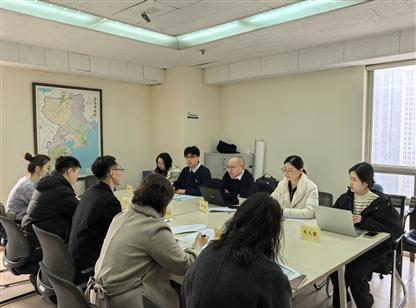
近日,中商产业研究院专家团队赴山东开展产业链招商图谱调研工作。调研期间,中商专家团队深入济南、青岛、...
近日,中商产业研究院专家团队赴山东开展产业链招商图谱调研工作。调研期间,中商专家团队深入济南、青岛、...
查看详情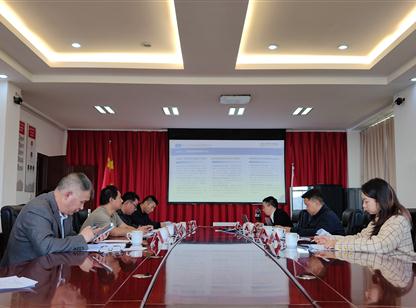
近日,由中商产业研究院承担的普洱市“十五五”规划前期重大课题研究项目——《普洱市“十五五”发展新质生...
近日,由中商产业研究院承担的普洱市“十五五”规划前期重大课题研究项目——《普洱市“十五五”发展新质生...
查看详情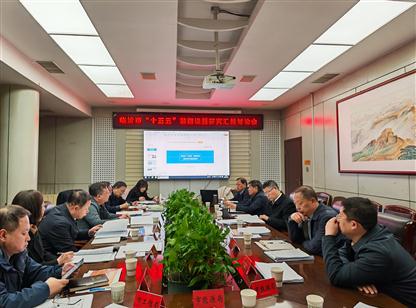
2025年3月10日,临汾市发展和改革委员会组织召开“十五五”前期课题研究汇报讨论会。中商产业研究院课题组...
2025年3月10日,临汾市发展和改革委员会组织召开“十五五”前期课题研究汇报讨论会。中商产业研究院课题组...
查看详情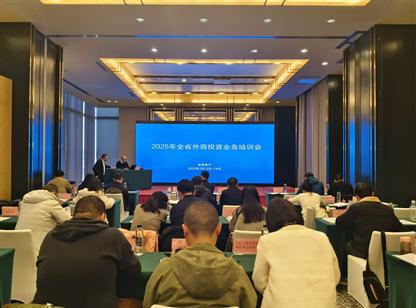
2025年3月13日-14日,贵州省商务厅在贵阳市举办2025年贵州省外商投资业务培训会。中商产业董事长、研究院执...
2025年3月13日-14日,贵州省商务厅在贵阳市举办2025年贵州省外商投资业务培训会。中商产业董事长、研究院执...
查看详情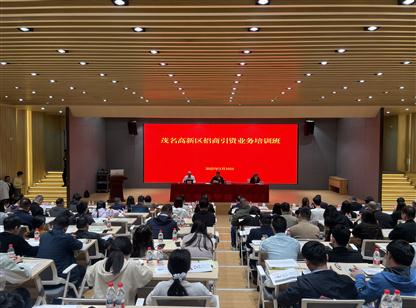
3月10日,茂名高新区招商引资业务培训班开讲,中商产业董事长、研究院执行院长杨云(客座教授)应邀为培训...
3月10日,茂名高新区招商引资业务培训班开讲,中商产业董事长、研究院执行院长杨云(客座教授)应邀为培训...
查看详情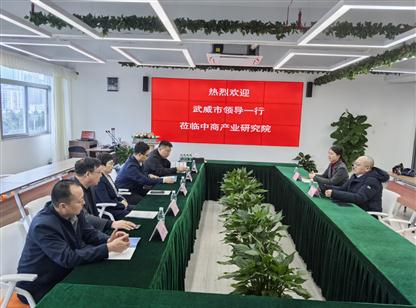
近日,甘肃省武威市委常委,市政府党组成员、副市长张素珍一行莅临我院考察交流。会上,张市长介绍了武威市...
近日,甘肃省武威市委常委,市政府党组成员、副市长张素珍一行莅临我院考察交流。会上,张市长介绍了武威市...
查看详情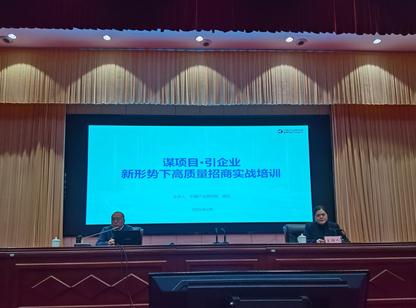
2月17日,遵义市招商营商业务专题培训会召开,中商产业董事长、研究院执行院长杨云(客座教授)应邀为培训...
2月17日,遵义市招商营商业务专题培训会召开,中商产业董事长、研究院执行院长杨云(客座教授)应邀为培训...
查看详情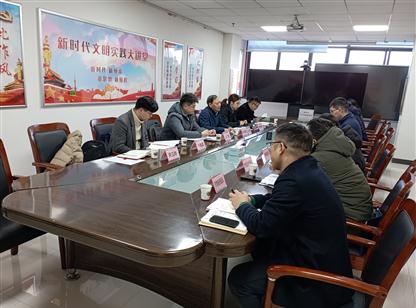
近日,中商产业研究院专家团队赴滁州市开展《滁州市制造业数字化、网络化、智能化、绿色化发展的堵点及对策...
近日,中商产业研究院专家团队赴滁州市开展《滁州市制造业数字化、网络化、智能化、绿色化发展的堵点及对策...
查看详情